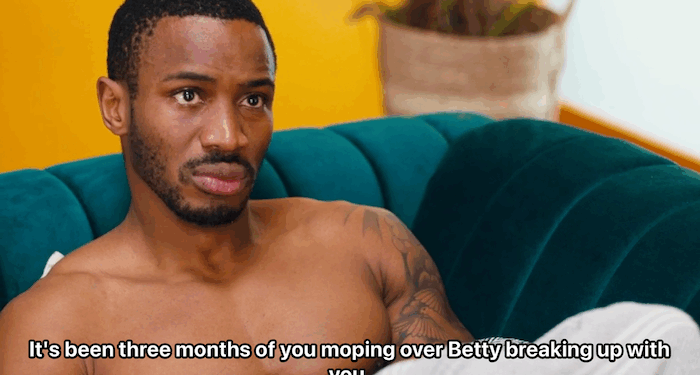A wedding halted when the bride’s secret husband storms in. A mother unmasking her son’s girlfriend as her long-lost child. A billionaire losing everything, then discovering his rival is his twin. These wild twists keep us glued to the screen and light up the group chat and social feeds – because they tap into feelings everyone recognises.
That instinct for what resonates with our audience is where it should start. The local Viu-er, for example, is mobile-first and deeply rooted in South African culture, and they choose local, culturally relevant stories where they can see themselves, their friends and families or their broader community.
 They want narratives that feel aspirational yet grounded in daily life, with enough intrigue to keep them hooked. Whether it’s a big reveal in a family saga or a storyline that echoes a headline, people gravitate to what feels both familiar and fresh.
They want narratives that feel aspirational yet grounded in daily life, with enough intrigue to keep them hooked. Whether it’s a big reveal in a family saga or a storyline that echoes a headline, people gravitate to what feels both familiar and fresh.
It also explains why long-running dramas play such a central role in Viu South Africa’s content strategy. Our viewers want sagas that unfold over weeks and months, with tension simmering just below the surface.
That appetite shows up in behaviour, with people opening the app almost every day to catch up on their favourite shows. When the storytelling has hooks, twists and momentum, audiences come back tomorrow and the next day until the series feels woven into their own routines.
What mobile-first really means
Because most of our audience watches on their phones, the way we design and deliver stories matters just as much as the stories themselves. Mobile-first is not a slogan – it is the reality for millions of South Africans who have a handset as their only screen.
That changes how content is made and consumed. Download functionality, the use of subtitles, quick catchups during the day, longer viewing in the evening, spikes that mirror telco data bundles: these rhythms are as much a part of our programming strategy as the shows themselves.
Local voices, global connections
 Our audiences love for local also extends to the language in which their content is delivered. For example, our Korean slate has a strong following because the storytelling is sharp and the characters feel lived-in.
Our audiences love for local also extends to the language in which their content is delivered. For example, our Korean slate has a strong following because the storytelling is sharp and the characters feel lived-in.
We took this a step further by dubbing K-dramas into isiZulu, which sparked reactions ranging from delight to curiosity – proof that audiences welcome new ideas when they are made accessible. When we saw how quickly Viu-ers embraced international content with isiZulu dubbing, it reinforced that localisation isn’t a nice-to-have – it’s pivotal to making stories feel like they belong to people.
Connected to worlds they care about
Brazilian acquisitions work in the same way, with socio-economic and cultural cues that resonate locally. At the same time, we continue to invest in South Africa’s most-loved shows such as Uzalo and Skeem Saam, because people want to stay connected to the worlds they already care about.
Formats are shifting too, with audiences gravitating towards vertical formats. According to research from Meltwater, South Africans spend substantial time on platforms that are vertical video-centric: TikTok is among the top in monthly time spent (26h39m/month) and Instagram (8h11m) in 2025. Short, vertical microdramas are also gaining momentum globally, and Viu is exploring these new formats.
All of it comes down to one principle: listen first. Commission and license for how people really watch. Price and package in ways that respect reality. Keep language, culture and convenience front and centre so the story reaches more people and feels like it belongs to them. When that happens, a show does more than stream. It lands – and becomes part of the culture.
uBettina Wethu’s success
That’s exactly what happened with uBettina Wethu – a Viu Original that has grown into a cultural touchstone. Adapted for South Africa, it took a global story and grounded it in local realities, reflecting the humour, hustle and cultural nuances that resonate with our audience.
The result? A series that captured the nation’s imagination and now, with its fourth season currently on Viu, continues to spark conversations online and off.
It’s proof that when you start with audience insight and stay true to local storytelling, content doesn’t just entertain – it becomes part of the culture.
Elouise Kelly is country manager at Viu in South Africa Her perspective is based on her personal experience and analysis and should not be construed as official endorsement or policy.














